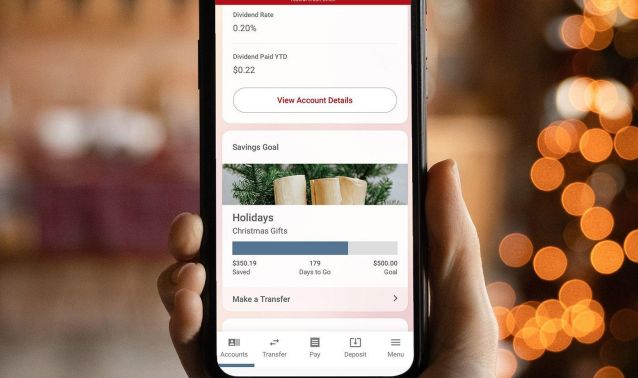Beware of Emergency Scams
Share this article:

“Grandma,
I really need your help. They say they are going to arrest me if I
don’t give them the money for the fine and my wallet is lost. Can you
send me some money?”
While
this might sound like a troubling phone call to get, it’s actually a
scheme to tug at your heartstrings and send money in a panic. Family emergency scams like this try to take advantage of the love a grandparent has for their grandchild.
Here’s how to spot an emergency scam and what to do if you’ve fallen victim.
3 ways toidentify an emergency scam:
- The caller insists upon secrecy.
After
your “grandchild” has made his or her desperate plea, the scammer will
then jump on the line and impersonate the arresting authority and demand
that payment be made at once. They
may also impress upon you that this has to stay hush-hush or things
will be made worse. This tactic is purely to keep you from investigating
and finding the truth. - The "authorities” will only accept certain methods of payment.
If
you get a call asking you to make a bank transfer, send a prepaid debit
card or certified check to prevent your loved one from getting in
trouble, then you are experiencing a scam. - Your “grandchild” can’t answer basic questions.
It
can be difficult to recognize your "grandchild’s” voice on a phone with poor reception. If you receive this type of call, please ask the caller for information that strangers cannot find on social media. Consider asking about a special trip or memory that you have together. This will let you know who you are dealing with.
What to do if you’ve been scammed.
First, take a deep breath and don’t react right away. Then, call your grandchild on your own to touch base about his or her whereabouts. Finally, if you’ve sent money or a prepaid debit card make sure to file a report with ftc.gov.



